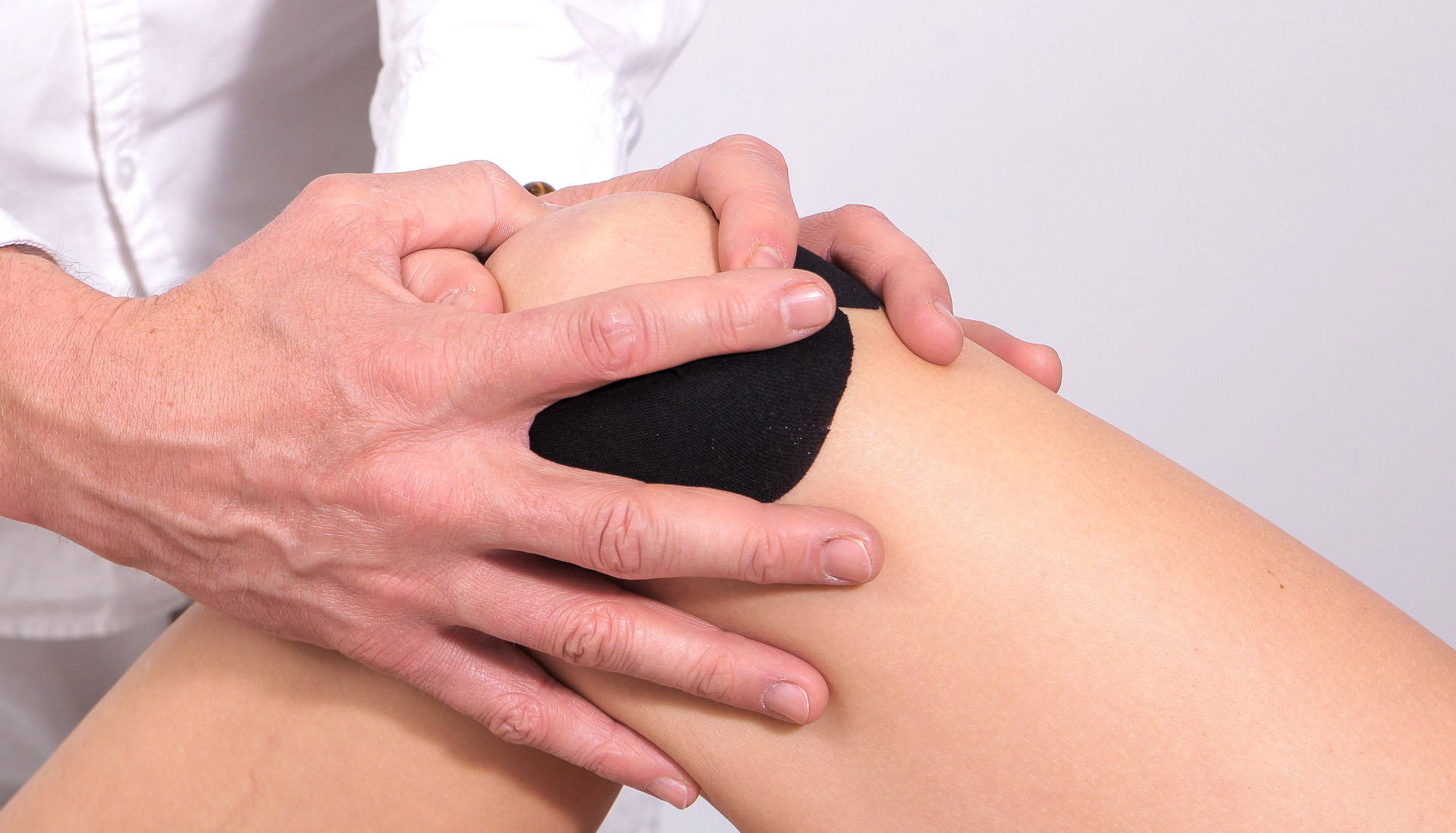The treatment of acute hypocalcemia (rapid onset), symptomatic or with very low calcium levels (below 7 mg / dl) consists of the administration of calcium intravenously. While this is being done, it is important to keep the patient monitored, that is, to record their vital signs (blood pressure, heart rate, blood oxygen level, respiratory rate) continuously in order to keep it as monitored as possible. And is that the administration of intravenous calcium can produce cardiac arrhythmias that can have important consequences.
In the treatment of hypocalcemia it is very important to consider the possibility of hypomagnesemia (low levels of magnesium in the blood), especially if the calcium levels are not normalized with the measures described above. When this is suspected, a blood sample should be drawn to know the amount of magnesium in the blood and, if it is low, administer magnesium intravenously. Replenishing magnesium levels first will restore calcium levels.
The treatment of chronic hypocalcemia consists in the administration of calcium supplements orally and vitamin D. The objective is to maintain the calcium values in the low limit of normality. To do this, the blood calcium values should be checked, first weekly and, once stabilized, every 1-3 months.
 To protect the appearance of stones (stones or stones) in the kidney, you can consider a low salt diet or the use of diuretics.
To protect the appearance of stones (stones or stones) in the kidney, you can consider a low salt diet or the use of diuretics.
Calcium is a very important mineral for the maintenance of muscle contractility, the correct transmission of nerve impulses, blood coagulation systems and the formation of bones and teeth.
The recommended daily calcium intake depends on factors such as age, sex or pregnancy, although it is estimated that it should be about 1000-1200 mg per day. To prevent hypocalcemia (low blood calcium levels), it is advisable to follow a diet that includes dairy products (milk, yogurt …), green leafy vegetables such as spinach, cereals rich in vitamin D or certain fish such as sardines or salmon.
Calcium supplements may also help, but they should always be accompanied by vitamin D. In fact, some calcium supplements already include a small amount of vitamin D to facilitate its use.
It must be remembered that calcium supplements should only be given to those who are told by their doctor. Those most frequently required are people with a calcium deficient diet, pregnant or postmenopausal women, patients undergoing neck surgery in which the parathyroid glands and the elderly have been removed. The latter often need calcium supplements frequently, since they are more at risk of developing bone diseases such as osteoporosis. Adequate intake of calcium and vitamin D, as well as regular exercise, is essential for maintaining good bone health throughout life.
Learn more about your health and well-being at Pharmamedic.







